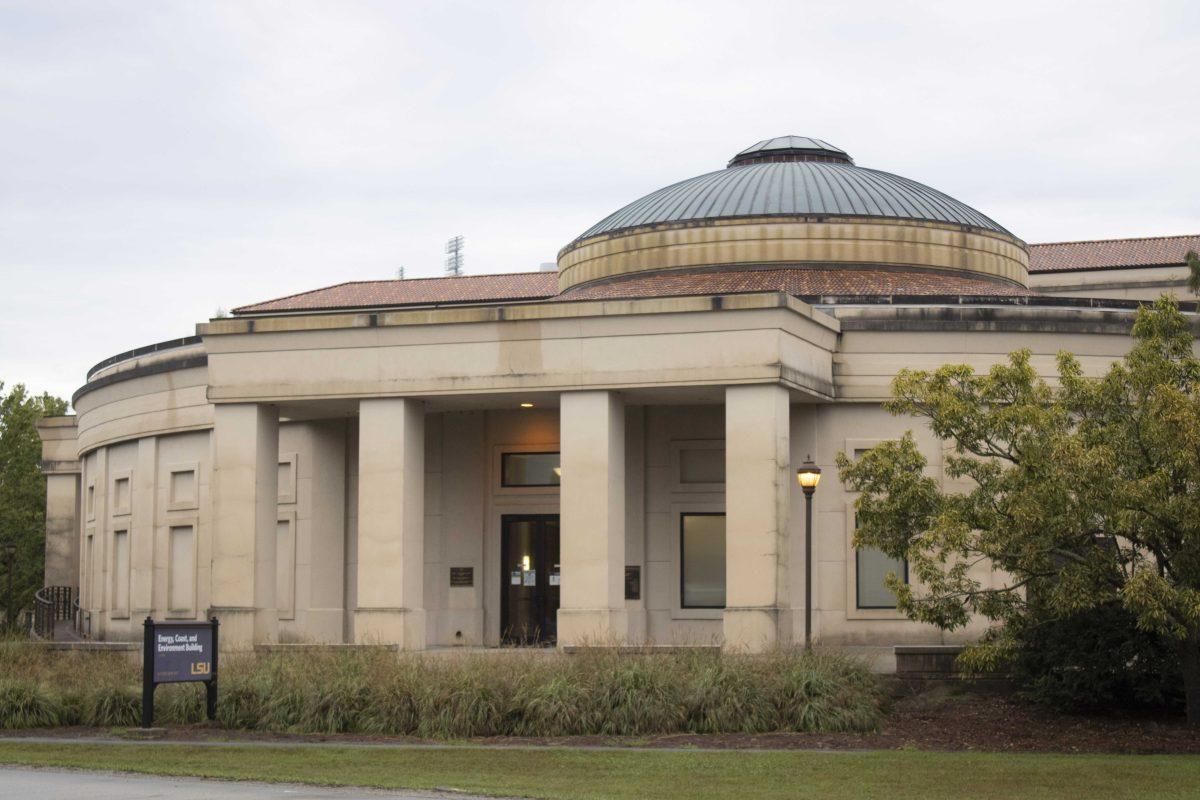Two LSU professors collaborated to create more accurate hurricane forecast models specific to the Gulf of Mexico. Their findings will enable forecasters to create more specific predictions of severe hurricane seasons tailored to Louisiana and surrounding regions.
The study was published by professors Paul Miller and Jill Trepanier. Miller conducted the study while Trepanier double-checked the data to ensure his interpretations were correct.
Miller analyzed various metrics used to help forecast hurricanes in the Atlantic and applied them specifically to the Gulf of Mexico. Miller felt that hurricane forecasts needed to be tailored to the Gulf as opposed to the entire Atlantic to help Southern states better prepare for hurricane season.
“You can have a storm that forms out in the middle of the Atlantic, that spins around for a few days and then dissipates without ever touching land,” said Miller. “The goal of our project, or what we attempted to do, was say, ‘hey we’re concerned about the Gulf of Mexico’, because if a storm gets into the Gulf of Mexico, it’s really hard for there to be a tropical storm or a hurricane in The Gulf that doesn’t hit land.”
Numerous variables contribute to accurately predicting hurricane seasons, such as: sea surface temperature, atmospheric humidity and wind shear. Many of the variables that are used to forecast for the Atlantic turned out to be relatively ineffective when used to forecast for The Gulf. Miller and Trepanier’s study found that the best variable for predicting hurricanes was the temperature 20,000 feet above The Gulf. The higher the temperature, the more likely it is that there will be an active hurricane season in the South.
The professors took this variable and applied it to previous hurricane seasons to see how well it could predict them and found that their model was highly accurate.
“If you can get a model to accurately predict what’s already happened, it makes you more comfortable using it to predict what hasn’t happened yet,” said Trepanier.
The model does have its limits. The professors found that it wasn’t as good at predicting average or below average hurricane seasons, but it was extremely accurate at predicting above average seasons. Miller argues that the forecasts would be most needed for severe seasons, so the purpose of the study is still fulfilled.
Forecasts specifically tailored to the Gulf Coast will allow for earlier preparations to be made amongst local and state officials and will likely be taken more seriously than ones that predict an area as broad as the Atlantic Ocean.
Hurricane forecasts across all metrics have continued to grow in accuracy and precision as years go on and knowledge increases.
“Our five-day forecasts are substantially better than even a three-day forecast was in 1990,” National Weather Service Meteorologist Danielle Manning said.
Two LSU professors create model to forecast severe hurricane seasons for Southern regions
By Corbin Ross
September 29, 2021
The Energy, Coast & Environmental building stands Thursday, Sept. 30, 2021, on 93 South Quad Drive in Baton Rouge, Louisiana.






